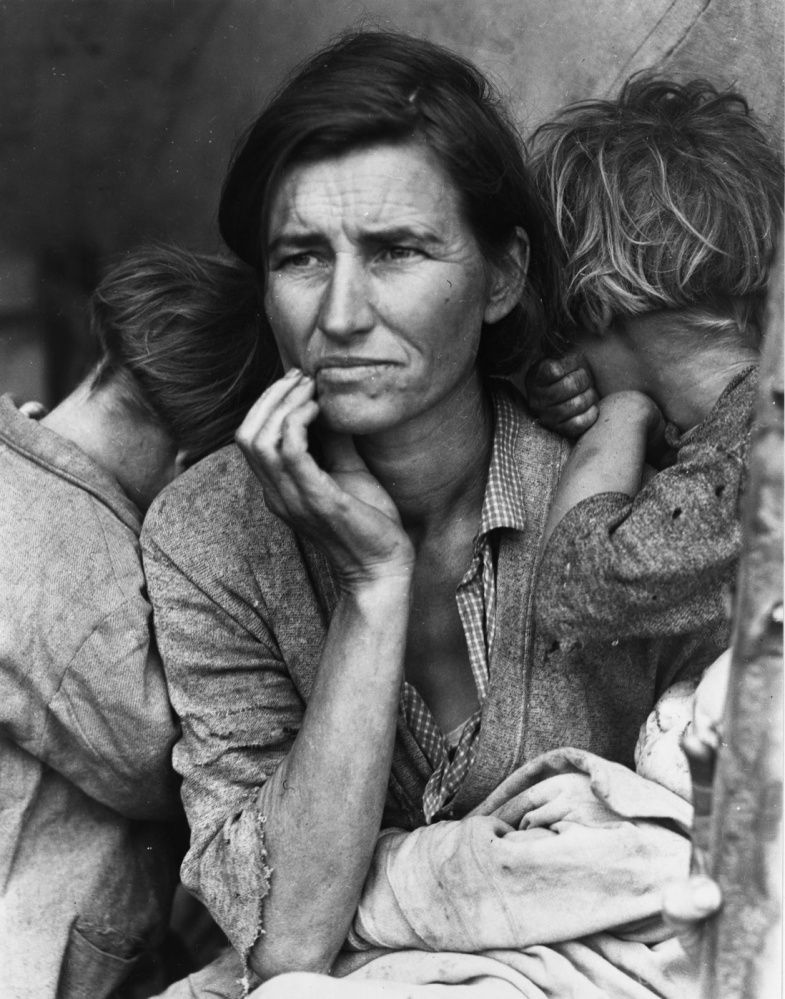NEWCASTLE — The current economic and political turmoil in the United States invites us to look back, not in a nostalgic way, but to remember important moments in our nation’s history and take inspiration from the work of transformational leaders. Thus, the Progressive Era and the New Deal are receiving fresh attention.
We can note as well how voting rights expanded over time to include women as well as men, and blacks as well as whites, and consider how public education spread across the land to include community colleges and state universities as well as elementary and secondary schools.
Reflecting on our national history can stir up hope and courage, for we have often shown ourselves to be a people of great projects. Some past projects may merit criticism, even condemnation, in the light of current insights and priorities. Yet, however flawed, these projects, together with those that are praiseworthy, indicate that in generations past, America was not afraid of big dreams and acted on those dreams.
In contrast, America today often sounds small-minded and small-hearted. We need dreams of a gracious society that rival the best dreams of the past so that we can act boldly upon them. We can even bring back good dreams that were not fulfilled in their time but can be realized in ours.
World War II was still raging when Franklin Delano Roosevelt dispatched his 1944 Message to Congress on the State of the Union. This message included eight points that he identified as a “Second Bill of Rights.”
Roosevelt told Congress that the nation cannot rest content if some fraction of Americans are without the necessities of life. As America began by asserting inalienable political rights, so with the growth of the national economy, “these political rights proved inadequate to assure equality in the pursuit of happiness,” he said.
He claimed that certain economic rights “have become accepted as self-evident” and that an economic bill of rights was necessary, expressing these rights in simple, stirring language:
“The right to a useful and remunerative job in the industries or shops or farms or mines of the Nation;
“The right to earn enough to provide adequate food and clothing and recreation;
“The right of every farmer to raise and sell his products at a return which will give him and his family a decent living;
“The right of every businessman, large and small, to trade in an atmosphere of freedom from unfair competition and domination by monopolies at home or abroad;
“The right of every family to a decent home;
“The right to adequate medical care and the opportunity to achieve and enjoy good health;
“The right to adequate protection from the economic fears of old age, sickness, accident, and unemployment;
“The right to a good education.”
Subsequent government actions have helped Americans to realize portions of these rights, but the record is mixed and remains always subject to change for the worse. Our national record in some respects compares poorly to those of other nations.
While the American bill of political rights is admired by freedom-loving people around the globe, the weakness of our economic rights leaves many of our international friends puzzled and disappointed. The need for improvement in these areas is urgent. So, too, is the need to secure these rights as part of our Constitution.
In his 1944 Message to Congress, Roosevelt noted that “true individual freedom cannot exist without economic security and independence. ‘Necessitous men are not free men.’ ” Keeping alive the political principles contained in the first Bill of Rights requires supplementing them with a second Bill of Rights that addresses economic issues.
Legal scholar Cass R. Sunstein’s 2004 study, “The Second Bill of Rights: FDR’s Unfinished Revolution and Why We Need It More Than Ever,” helped revive interest in what he calls “the speech of the century” and its implications.
Sunstein notes that FDR’s economic rights proposal “was a direct product of America’s experience with the desperation and misery of the Great Depression.” A 21st-century economic bill of rights can also draw on the tragedy of the Great Recession and the inhumane economy that has prevailed in America throughout the last four decades.
Our nation made horrible mistakes. We can learn from them. We can establish a far more gracious society than the one we have endured in recent years.
Send questions/comments to the editors.



Comments are no longer available on this story